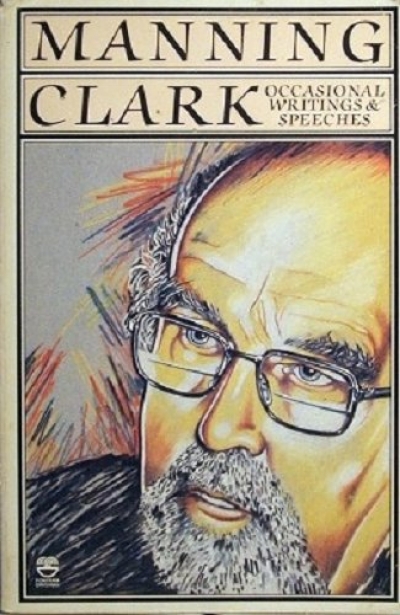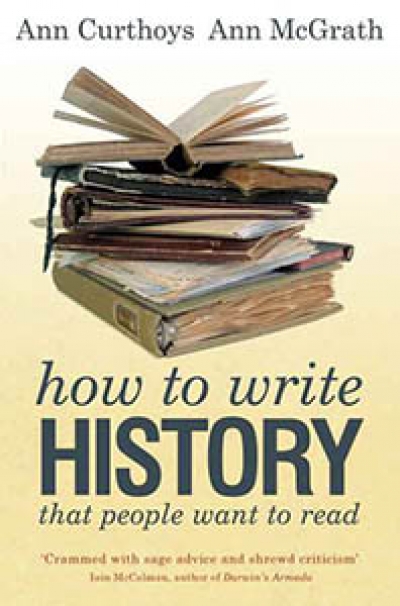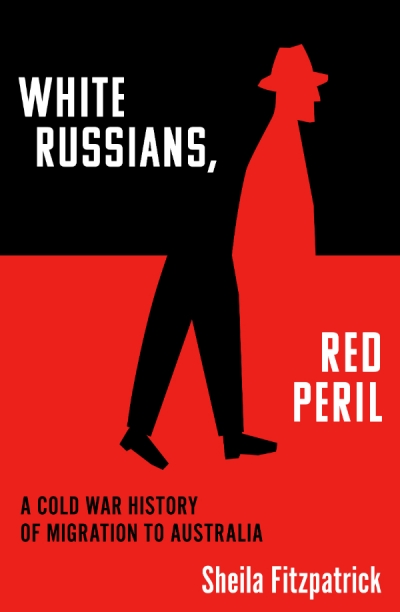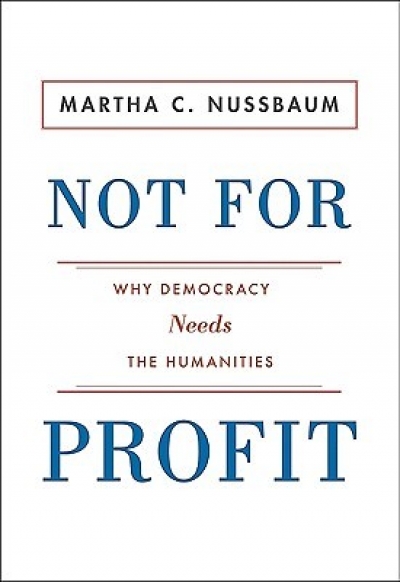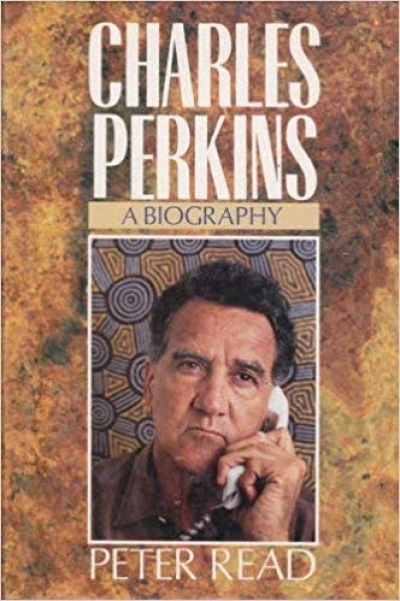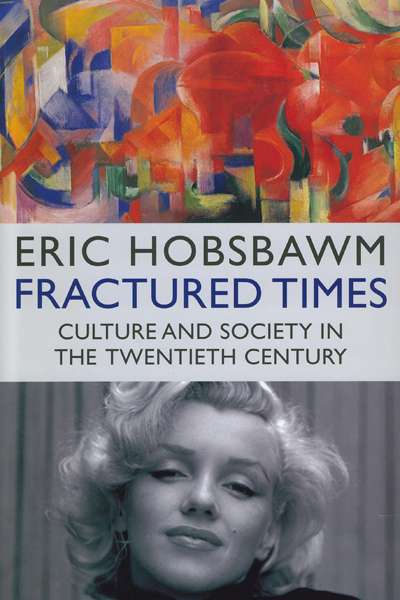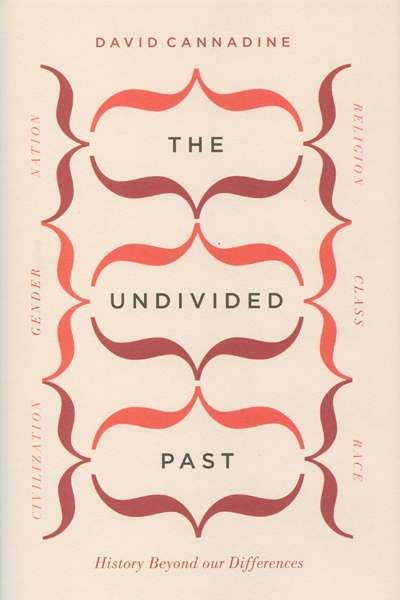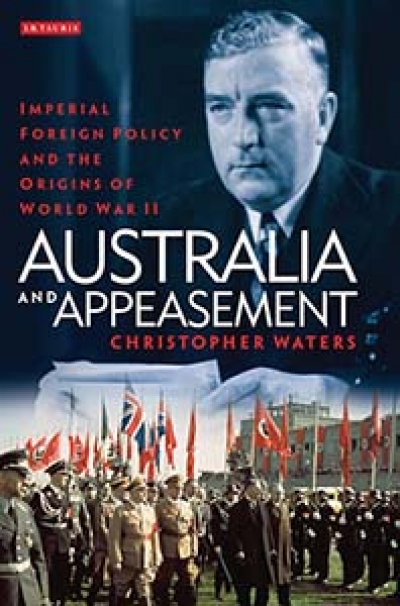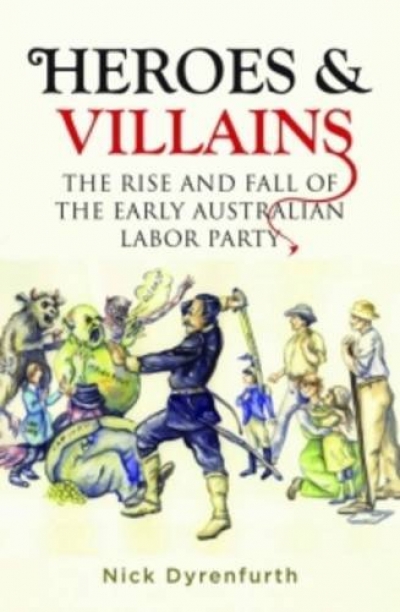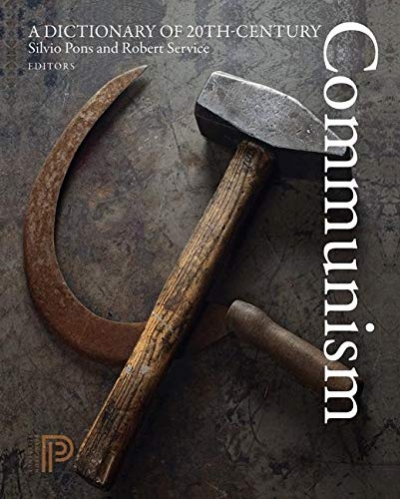Stuart Macintyre

Stuart Macintyre (1947–2021) was an award-winning academic and popular historian. Born and educated in Melbourne, he received his PhD from the University of Cambridge before returning to Australia in 1979. Throughout a long and distinguished career, Stuart authored many award-winning monographs and references titles, including The Oxford History Australian History, Volume 4 (1986), The Reds: The Communist Party of Australia from origins to illegality (1999) and with Anna Clark, The History Wars (2003).
‘Real solemn history, I cannot be interested in’, declared Jane Austen, and so too do a number of Australian publishers. It is a commonplace that historians do not know how to write, except to each other in ways that put other readers to sleep. The first advice to the author of any newly minted doctoral dissertation preparing a book proposal is to eliminate all reference to the thesis. The sta ... (read more)
As readers of her two volumes of memoirs will know, Sheila Fitzpatrick trained at the University of Melbourne until departing for Oxford in 1964 to pursue doctoral research on the history of the Soviet Union. That took her to Moscow, where she gained access to Soviet archives. Fitzpatrick would make her name as an archival historian, in contrast to earlier Western scholars who relied, both of nece ... (read more)
What could be more timely than an argument for the humanities? They are poorly served in our schools and universities, and badly need champions. Martha Nussbaum, a distinguished philosopher at the University of Chicago, is well placed to affirm their importance. I read her book with eager anticipation and mounting disappointment.
It employs a familiar device, proclaiming a dire crisis of educatio ... (read more)
His minister described him as a permanent troubleshooter. And yet Charlie Perkins was surely the most trouble-prone and troublesome permanent head in Australian administrative history. Where other bureaucratics operated stealthily to preserve the outward appearance of responsible government, he engaged in calculated acts of public defiance and abuse of the governments he was meant to serve. They c ... (read more)
As he approached his fiftieth birthday, Eric Hobsbawm finally won recognition. His Primitive Rebels (1959) was an innovative study of millenarian rural movements. In 1962 he published The Age of Revolution, the first of four books that encompassed the modern era with unrivalled powers of synthesis, and his volume on Labouring Men (1964) gathered up incisive essays on labour history that had appear ... (read more)
David Cannadine is a distinguished transatlantic historian, the author of books on modern Britain and its empire, the biographer of G.M. Trevelyan and Andrew Mellon, and he recently wrote a perceptive account of the persistent anxiety over school history. An iconoclastic thinker and urbane stylist, Cannadine excels in the extended essay that overturns a conventional interpretation. These qualities ... (read more)
For long after World War II, particular opprobrium was reserved for the statesmen who failed to resist the belligerent dictators. Their failure was denounced in the popular tract Guilty Men, which appeared in 1940 soon after Hitler overran Western Europe, leaving Britain to fight on alone. These guilty men included the prime minister, Neville Chamberlain, who was forced to resign, the mandarins of ... (read more)
The heroes and villains in Nick Dyrenfurth’s account of the early Labor Party are the cartoon figures in the labour press that he uses to explore its political rhetoric. The heroes are sturdy working men, sometimes in bush garb, sometimes industrial labourers. The villains take various forms: serpents, harpies, bloodsucking insects, menacing aliens, but above all the Fat Man, the swollen, grotes ... (read more)
This mammoth book, first published in Italy in 2006, now appears in an English translation. It consists of some four hundred entries on communism as a world movement. The entries cover aspects of communist theory and practice, organisations and institutions, historical events, leading figures, and key concepts. They range in length from less than a thousand to four thousand words.
... (read more)

